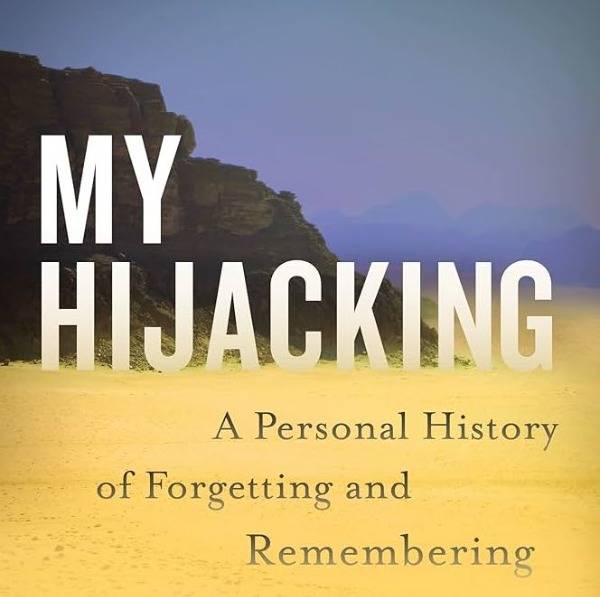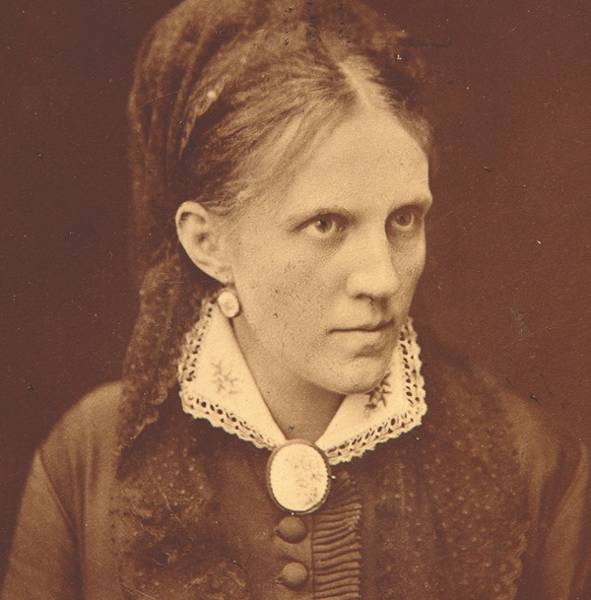Does blood matter? It shouldn't, of course. As a novelist, I have a vested interest in the view that writers are entitled to write about whatever they like as long as they do it well. A woman should be able to write from a man's point of view, a black person from that of a white any creative artist should, with enough imagination and skill, be able to recreate a viewpoint entirely different from their own.
But last year I published my fourth novel, about two generations of a Romany family living through the tumultuous events of the Second World War in Central Europe. Scarcely a single review failed to mention that I myself have Romany ancestry. At the time, this irritated the hell out of me not to mention my family, whose feelings about this particular novel are, at best, ambivalent. I wanted my book reviewed, not my blood. But and here I have to hold my hands up the blood had mattered to me when I wrote the book, had mattered intensely, and it should hardly have been a surprise to me that it mattered to those who read it.
My publishers were keen to include my ancestry in the press release that accompanied the book it's a good angle and this left me with a dilemma. I knew that my family background (and we are talking greatgrandparents here) would be exaggerated in a way that certain members of my family would find distasteful, and I dishonest; but I also knew that when I talked about the book to the press I would be asked how I had come to write it, and I had no intention of denying my Romany ancestry as if it were something to be ashamed of. When Charlie Chaplin, one of the world's more famous rom was 'accused' by American antiSemites of being Jewish, he replied, "I do not have that honour." I am proud of the small amount of Romany blood I do have, and certainly felt Romany enough when I travelled in Eastern Europe and saw the looks on people's faces when I declared myself. When the notable Roma academic, Professor Ian Hancock, wrote his most recent book, We are the Romani people he included at the end a list of politicians, film stars, artists and so on of Romany descent. (Charlie Chaplin, Yul Brynner and Ava Gardner I knew about, but Bill Clinton was a new one on me). The point was to say, 'look, you may not know much about us, but we are not invisible'. As well as being proud of my Romany heritage, I am proud of the fact that I have stood up and made a fuss about it.
In blood terms my ancestry may be tiny, but in terms of our family mythology, it occupies a space larger than the corpuscles necessarily merit. I am a blackhaired, oliveskinned woman who grew up in a very white English county (Rutland) and at school was teased for being dark. Even now, it is common for people to ask me where I come from. Most of the writers I know are people who, in some way, feel outsiders. As a shy, bookish child, I felt very much an outsider when I was growing up, and the discovery of our secret Romany past was the key which unlocked a whole cupboardful of possible explanations. In that sense, it is a construct but constructs are how we all explain ourselves to ourselves, and others, and they are certainly how novels get written.
So what of the novel itself? Does blood matter? Could I have written the same book had I not known about my heritage? In terms of technique I hope I could have, but I probably wouldn't have, or not in the same way. The personal costs of writing that book were high.
Fires in the Dark is a 500 page journey that begins in 1927, with the birth of a Romany boy in a barn in rural Bohemia. It follows his life through the rural idyll of the interwar years, the rise of the Great Depression and the calamity of the Nazi invasion. The middle section is set in a camp in Moravia where several of the boy's family die of malnutrition and disease. The novel culminates with the Prague Uprising of May 1945. It is not based directly on my family, who emigrated to this country in the midnineteenth century, but it is based on what might have happened to us had we stayed. The Nazis only required a person to be one eighth Romany to persecute them. Technically, I would have qualified. It is impossible to ignore that emotional connection when you stand by the side of a mass grave in Moravia, as I did, look down the hill and see that the Czechs now use the site of what was once a concentration camp as a holiday resort. I am not making this up. Residential blocks have been built, and a swimming pool. One of the original concentration camp barracks remains. It houses a tabletennis table.
One of the reviews of Fires in the Dark said, "You can feel the author's rage shine through." I chose to take that as a compliment. Of course blood matters. In areas of history when so much of it has been spilt how could it not?
Louise Doughty's Fires in the Dark is published in paperback by HarperCollins

